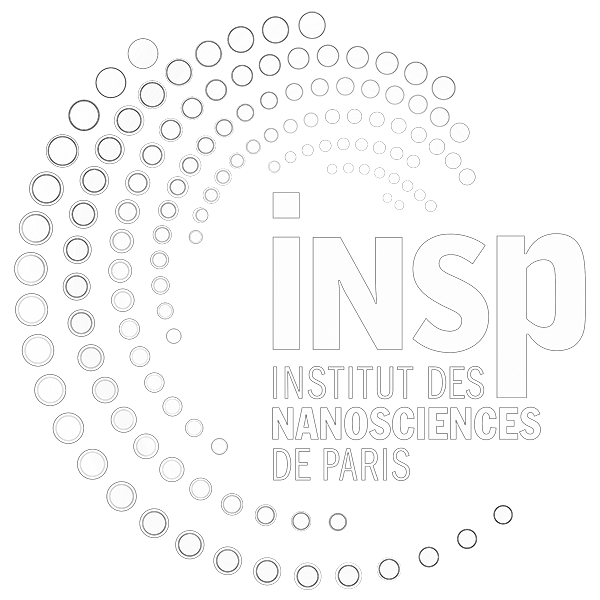|
Internships/PhD/Jobs |
Nanoscience and nanotechnology involve systems with composite architectures that allow the emergence of new properties (mechanical, opto-electronical, chemical, biological…). In this domain, laboratory research is based on the study and implementation of highly complex processes occurring at surfaces and interfaces.
Our objective is, on the one hand, to address fundamental, still open questions (self-organization, free boundary problems), and on the other hand, to bring original contributions to advanced applications related to major industrial issues (energy saving; information processing, storage and transport; health).
This represents a two-fold challenge:
- improving our understanding of the self-organizing phenomena in extended or confined systems, in the bulk or at interfaces, close to, or far from equilibrium, in a context combining nanoscience, non-linear physics, and physical chemistry of complex matter;
- inventing new materials, probing their remarkable properties, controling and optimizing their performances, thus adopting an applicative research approach.
Topics
- Structure, optical properties, and growth mechanisms of 2D-Xenes
- Dynamics of liquid crystal topological defects
- Nanocrystals growth
- Dynamics of interfaces
- Ferromagnetic vertically assembled nanocomposites
- Effects of magnetic anisotropy on the dynamical properties of epitaxial thin films
- MBE growth of quantum dot devices
- MBE growth of 2D systems and topological insulators
- MBE growth of acousto-optic microcavities
- Metal/oxide growth and adhesion
- Oxide ultra-thin films

